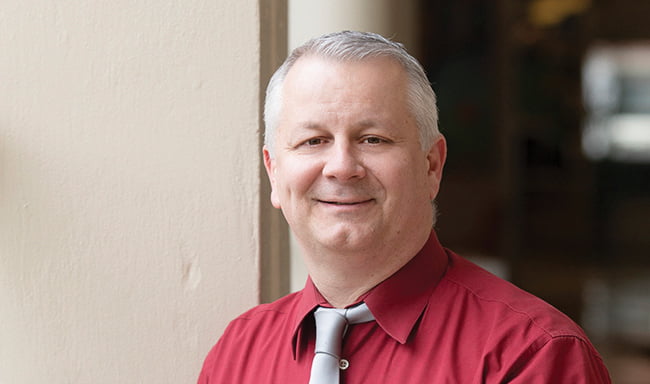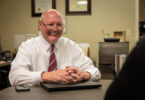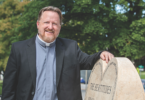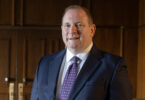
by Vince Cascone
This is a continuation of my article on truth from Sept. 30.
A lesson that a theology teacher in one of our archdiocesan high schools taught at the beginning of this year was recently shared with me.
Prior to the students coming into the classroom, the teacher simply wrote on the board at the front of the room the quote: “Is everything in the Bible true?” Imagine the discussion that ensued as 20 teenagers discussed this simple yet profound question.
Although “yes” would be the short answer, the students went on to discuss such things as whether or not the writers of the books of the Bible were inspired by God, if all things in the Bible should be taken literally and what is “truth.”
As Catholics, we believe Jesus is “the way and the truth and the life” (Jn 14:6). We all know the saying: “Beauty is in the eye of the beholder.”
However, relativism is the philosophy that reality is in the eye of the beholder as well. Relativism has created such quotes as: “You have your truth and I have my truth.” Relativism, by its nature, creates confusion regarding any objective truth.
When we allow emotions to be our masters and not primarily the guides they are meant to be, we can get caught in a relativistic world that is perpetually confused by the same question Pontius Pilate famously asked as he looked in to the eyes of Jesus, “What is truth?” (Jn 18:38).
Philosophy is defined as “the study of the fundamental nature of knowledge, reality and existence.” Philosophy is what causes humans to seek the truth.
As St. John Paul II said, “The human being by nature is a philosopher” (“Fides et Ratio,” 64). We have a natural desire to seek knowledge and the truth and to try to understand the purpose of our existence.
Can you imagine the confusion our young people must feel as their innate desire for knowledge and truth collides with the force of a culture that struggles to define such obvious objective truths such as the definition of what a woman or a man is?
Our Catholic schools in the Archdiocese of Kansas City in Kansas strive to work with parents as the primary educators of their children, to help our young natural student philosophers to see the truth. We do this by helping them to see truth, beauty and goodness in the world around them.
One only needs to examine such things as the beauty and complexity of the vast universe or the tiny cells that make up the wonder of the human body to see the truth that a great Architect exists.






